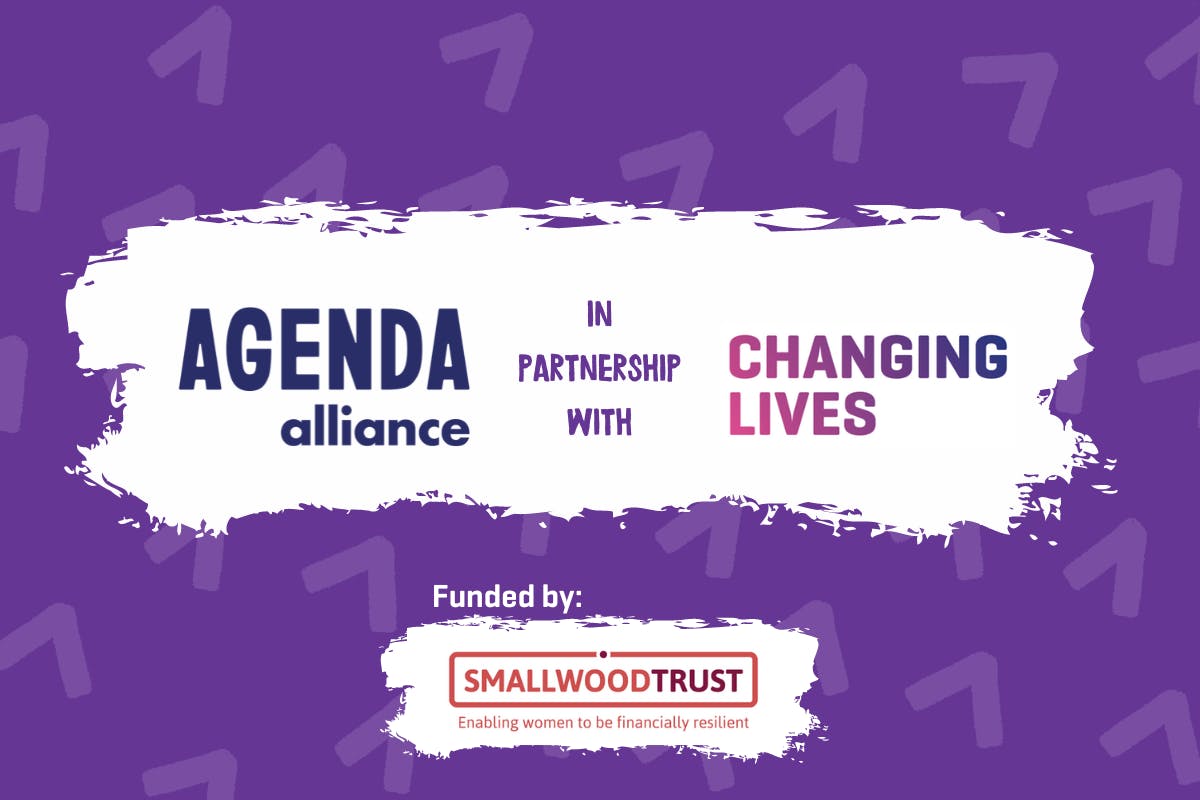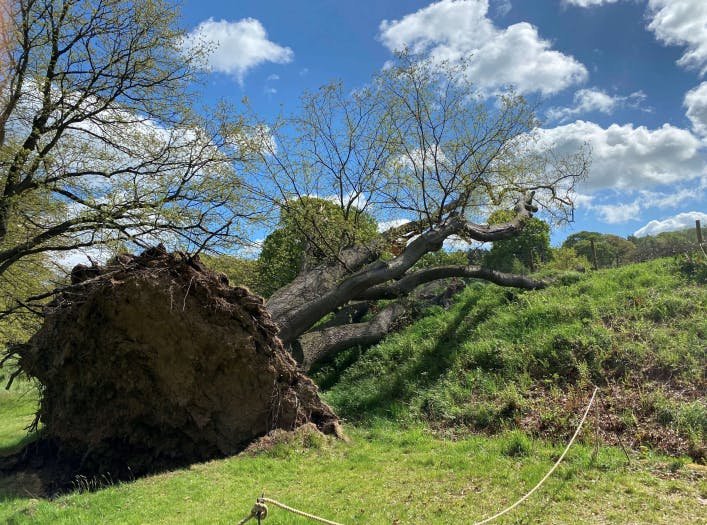Too many women are dying from disadvantage in one of the poorest parts of England, according to groundbreaking new research which serves as an urgent wake-up call for levelling up efforts.
The report by Agenda Alliance and Changing Lives, Dismantling Disadvantage, published today (Monday 10th July) has found that in 2021 a woman in the North East of England was 1.7 times more likely to die early as a result of suicide, addiction, or murder by a partner or family member than in the rest of England and Wales.
Today’s new research was conducted to better understand the lives and needs of disadvantaged women in the North East, including Newcastle, coastal areas and Gateshead and Sunderland; some of the poorest regions in the country. Working with women with lived experience at every stage, the study involved 18 in-depth interviews, 47 survey responses; focus groups; data analysis and multiple meetings with affected women, practitioners and policy makers.
The most striking finding in the study is that women are dying early, due at least in part to neglected social, economic and health needs, let down by multiple services.
- Between 2018 and 2021 suicide, addiction, or domestic homicide was found to kill women in the North East by an increase of 15% in the region.
Changing Lives, a specialist charity working with women at risk in the North East and nationally, has reported that the average age of women who are known to have died whilst accessing their services is currently just 37 years old. Prior to 2020, it was 47.
The typical life expectancy of a woman born in the UK is 83 years old (Office for National Statistics).
"It’s time to stop the cruel exclusion of women most in need of mental health services due to their alcohol or drug addiction. We know from the women we work with that both drink and drugs are a common coping mechanism for abuse."
Agenda Alliance and Changing Lives’ unique research found that the women dying face a patchwork of unaddressed life-challenges such as domestic abuse, debts and poverty, mental ill-health and poor health generally, housing problems and substance misuse.
The reasons behind every early and avoidable death are complicated, but the new research highlights an underlying context of a ‘triple shock effect’ to services in the region: austerity, the Covid-19 pandemic and the escalating cost-of-living crisis.
A major concern spotlighted in the report is difficulties accessing mental health support for women-at risk in the North East of England. Already stretched mental health services are barred to many women who need it because they are refused treatment due to drug or alcohol addiction.
Between 2021-22 in Northumberland and Tyne and Wear 81% (over 145,000) women who needed mental health support did not get it.
The Dismantling Disadvantage report includes a specific survey of disadvantaged women. This found:
Impact of cost of living:
- 62% of the surveyed women report skipping meals and stopping buying essentials
- 72% say their health and well-being is directly impacted by the cost-of-living crisis
Low literacy levels:
The average reading age in the North East and Yorkshire is 14 years old. The NHS pitches its information to people of a reading age of 16. Lower literacy and numeracy levels, combined with digital disadvantage, are preventing women with the greatest vulnerabilities from accessing health services, benefits and education. Among the same group of disadvantaged women surveyed:
- 62% did not have educational qualifications beyond GCSEs. 6% had no qualifications at all
- 64% of women struggled to access benefits due to the paperwork involved
Meanwhile, a rising number of children being removed from their parents’ care (the North East has the highest rate of referrals to children’s social care in the country) is contributing to the complex challenges facing women who are mothers.
A combination of overstretched, often failing public services for the most at-risk women, and a lack of affordable or free childcare is making parenting harder than ever, contributing to children being taken from their families. Recent government reforms extending free childcare haven’t reached the mothers at greatest risk.
Indy Cross, Chief Executive of Agenda Alliance:
“Again and again, public services are failing women in need in the North East. And the consequences are fatal. It is unbelievable that in 2023 women in any part of the country are dying before they even reach their 40th birthday. If this doesn’t serve as a wake-up call to make levelling-up promises live up to reality, it’s hard to know what will.
"In the wake of COVID-19, public services must do better. We need urgent action. Stop talking about women as “hard to reach”, listen to them, learn and provide the support and care they need. There is no time to waste, lives depend on it. Every woman’s life matters.”
Laura McIntyre, Head of Women and Children's Services at Changing Lives:
“I am deeply saddened by the news that more women across the North East region are dying unnecessarily early. During the pandemic, Changing Lives saw an increase in women’s deaths across our services from April 2019. Sixty-one women who accessed support died - over half having experienced abuse perpetrated by men. Local systems to address violence against women and girls must ensure they can respond to all victims of abuse, instead of falling back on unhelpful narratives, such as, ‘she didn’t engage’.
“It’s time to stop the cruel exclusion of women most in need of mental health services due to their alcohol or drug addiction. We know from the women we work with that both drink and drugs are a common coping mechanism for abuse. These women should be top of the list for help, to save lives.
“We hope that going forward the learnings from this report can be properly incorporated by services so that all women are understood, recognised, and offered support that works for them.”
Women who were part of Changing Lives’ projects involved in the research:
Lorna: “In the last two months, two women have died that I knew. One woman was admitted to hospital after having seizures, before that she was getting well and was in touch with people. Then nobody heard from her. This woman was a great person... It really makes you think about your own life. The other woman relapsed, and I’m at another funeral this week... I’m scared of losing another friend or if something happens to myself. Addiction doesn’t discriminate, it can be anyone.”
Nici: “Policymakers need a kick up the butt. They need to do something, and they need to do it fast otherwise there are going to be so many more disadvantaged women; more suicides, homelessness, child removal. It needs acting on and it needs acting on fast.”
Agenda Alliance demands urgent action:
- To prioritise disadvantaged women in the levelling-up agenda, with a focus on revitalising public services which are fit for purpose
- Appoint a governmental taskforce to tackle and end linked social, economic and health inequalities
- Include women affected by disadvantage to shape appropriate services, especially for mental health, domestic abuse and poverty. In particular, stop addiction being used as a barrier to mental health support.
Read the report here.






